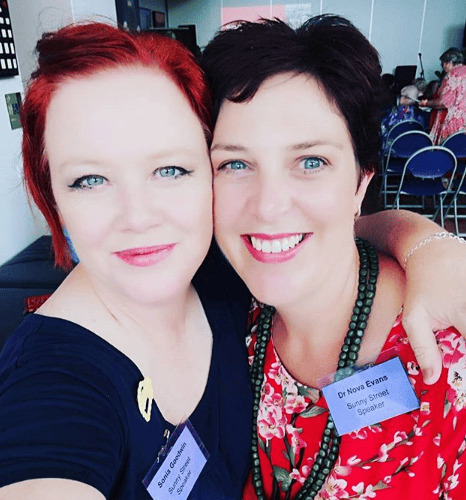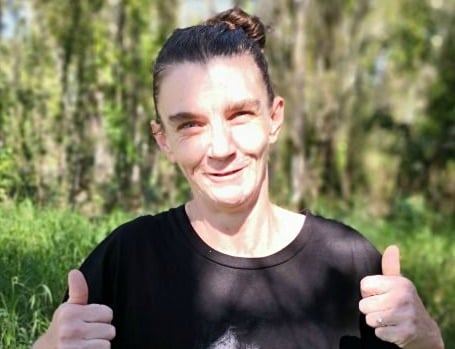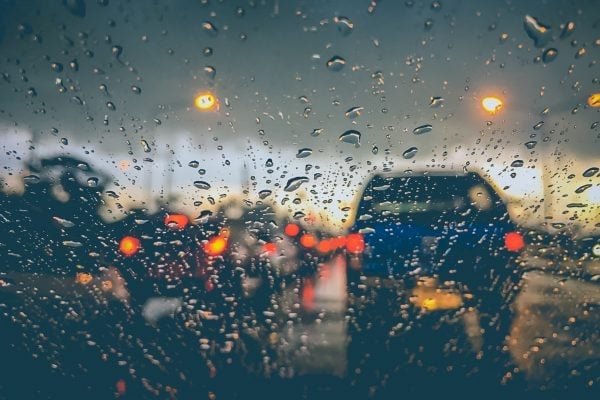
“I’ve got a house now doc….what do I do in it?”
“How do I cook meals for one on one cooktop, and what does that look like?”
“How do I lose weight when I live in my car?”
“How do I change my kids’ pathways so they don’t end up like me?”
“I don’t have any money to fill the prescription the hospital gave me. What do I do?”
***
These are just some of the questions Dr Nova Evans and nurse Sonia Goodwin are asked at their Sunny Street clinic.
They run a mobile outreach unit in south east Queensland, the first of its kind in the country to treat those experiencing homelessness.
In this capacity, they’ve had their eyes opened to a whole new world of practicing medicine.































































































